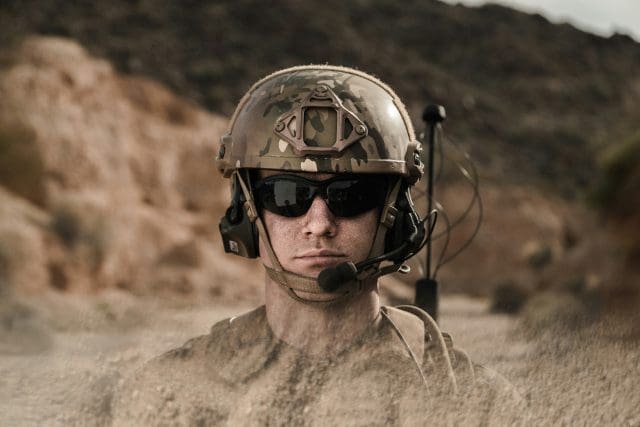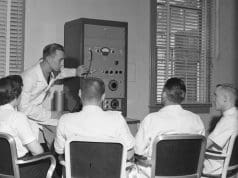Veterans live and breathe by their military creed—risking it all, leading from the front, and giving 110% for their country. But once it’s time to swap the uniform for something more casual (hello polos and khakis), the big question becomes: How do you translate battlefield badassery into boardroom brilliance—and make your Veteran resume stand out in a sea of civilian applications?
Transitioning into the civilian workforce can feel like navigating a minefield with a resume instead of a rifle. If you’re a veteran wondering how your service stacks up in today’s job market, check out what you need to know at U.S. News Careers.
Here’s the scoop: veterans make up about 7% of the total U.S. population, but that stat doesn’t tell the full story—especially when it comes to employment.
So what do employers think when they hear “veteran”? The usual: leader, disciplined, heroic. Nice start—but that’s only scratching the surface. For a real look at the numbers, go here veteran labor stats.
Now, let’s talk real skills—the ones that make hiring a veteran the best decision a civilian company could make.
Veteran Skills That Crush It in the Civilian Job Market
1. Work Ethic So Strong, It’s Practically a Superpower
In the military, it’s mission first—always. The Air Force literally lives by service before self. While an average employee might do just enough, a veteran brings that “do it right or don’t do it at all” mindset. Mediocrity? Never heard of her.
2. Critical Thinking & Problem Solving Like a Boss
Problem? Analyzed. Solution? Found. Plan? Executed.
Military life demands quick, effective decisions under pressure—and guess what? Those “soft skills” (like problem-solving) are gold in the civilian job world. According to recruiters, these are some of the hardest-to-find, most valuable skills out there.
3. Grace Under Pressure (aka Calm in the Chaos)
Let’s be real: If you’ve handled global conflict and life-or-death missions, a high-stress Monday morning meeting isn’t going to faze you. Veterans shine under pressure, bringing calm, focus, and a get-it-done attitude when the stakes are high.
4. Adapt and Overcome? That’s Tuesday.
Military folks live life on the move—new countries, new rules, new teammates. That adaptability makes veterans masters of change. They’re quick to blend in, take charge, and keep moving without skipping a beat—Shoutout to the Marines: “Improvise. Adapt. Overcome.”
In civilian terms? They can take on new roles, juggle tasks, fill in for teammates, and handle the unexpected without batting an eye.
5. Crisis Management + Negotiation = Calm Power Moves
Some vets have literally negotiated during hostage situations. So yeah, Karen being salty in the breakroom doesn’t exactly rattle them.
With military experience comes next-level patience, conflict resolution, and the ability to think through all angles before jumping to conclusions. They create win-win situations that keep teams thriving and workplaces drama-free.
Final Thoughts: Translate the Valor
If you’re a veteran putting together your civilian resume, here’s the secret sauce: translate military experience into civilian-friendly language. Don’t hide your service—highlight the heck out of it. Just ditch the jargon and show how your skills directly benefit the role you’re going for.
It’s time to break the old narrative. Veterans aren’t just soldiers—they’re team builders, problem solvers, critical thinkers, and top-tier performers.
The problem? Too often, veterans don’t know where they fit in—and business leaders don’t know where to place them. A well-crafted Veteran resume can bridge that gap, but without it, tons of incredible talent is going unnoticed.
Let’s change that.
Ready to bring your A-game into the civilian world? Start here: U.S. News Careers




